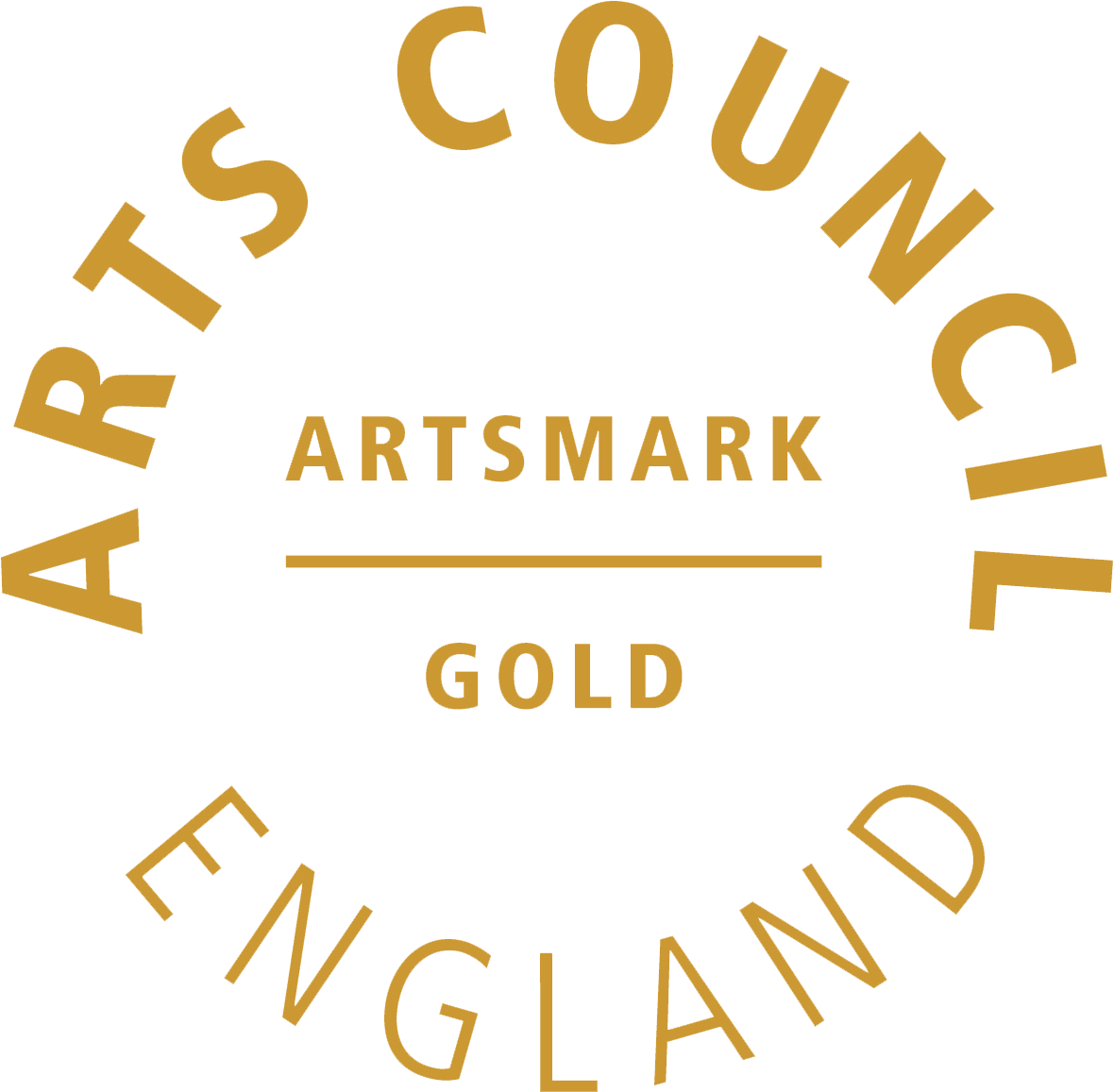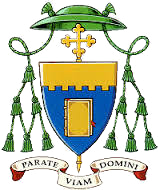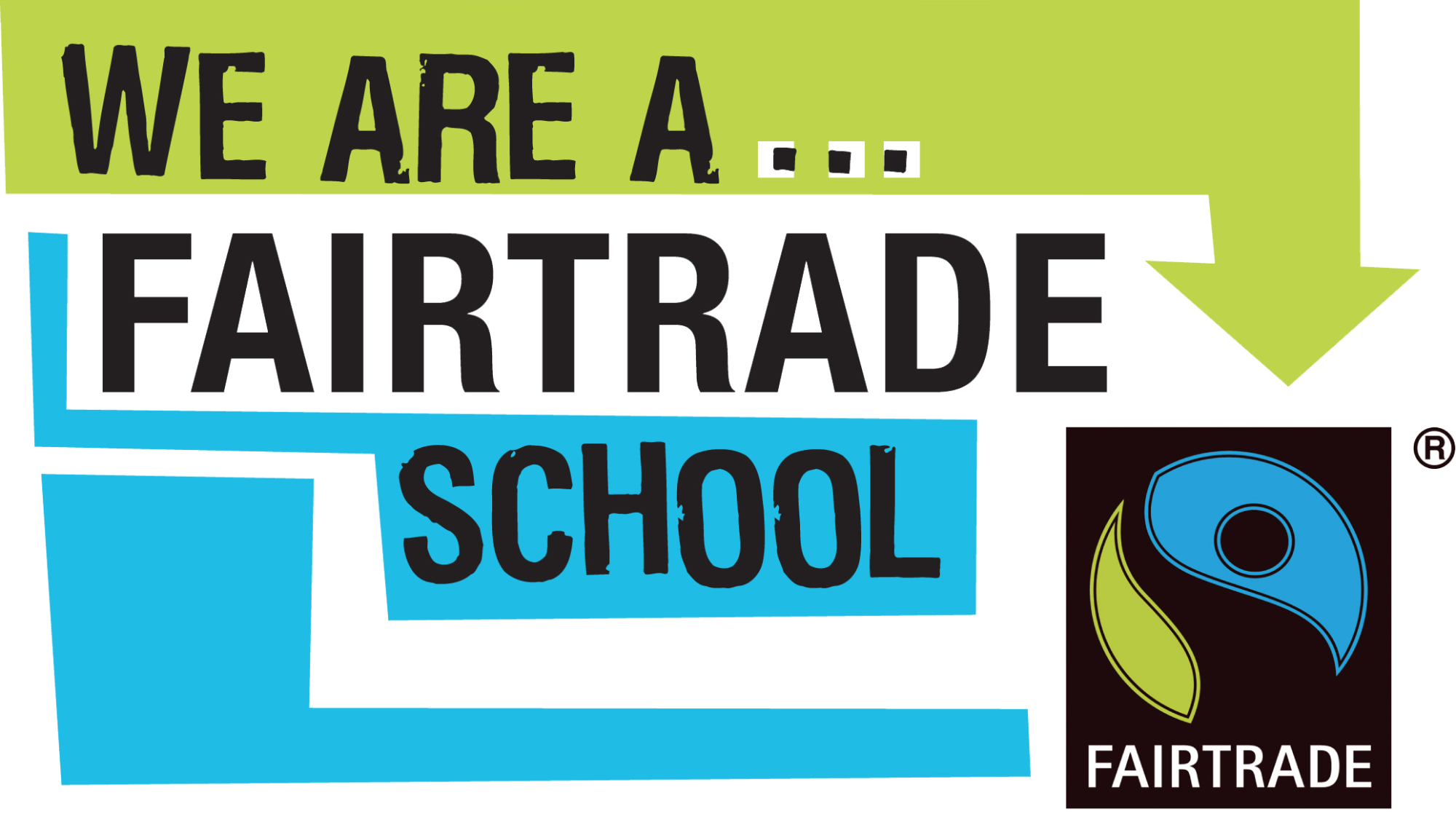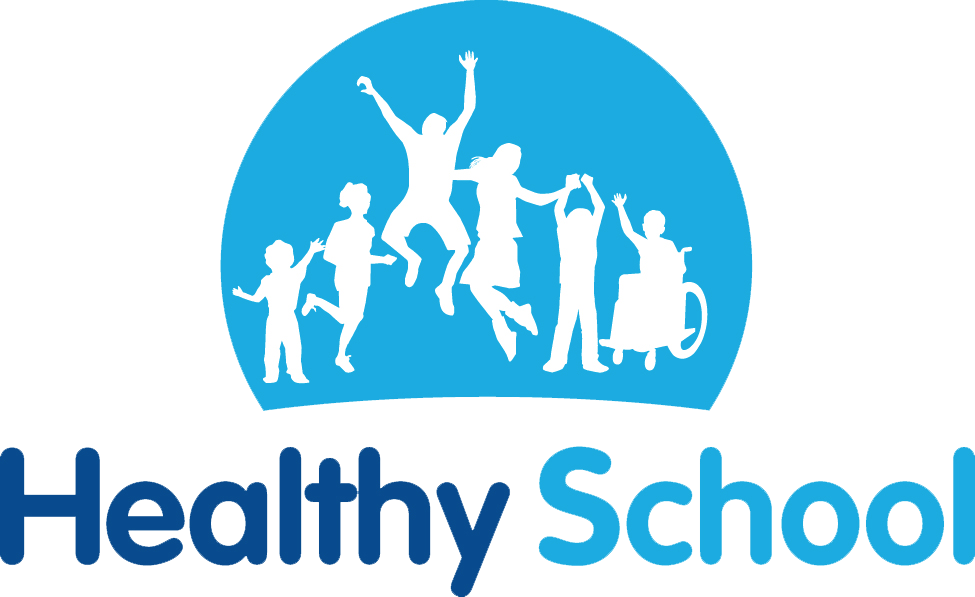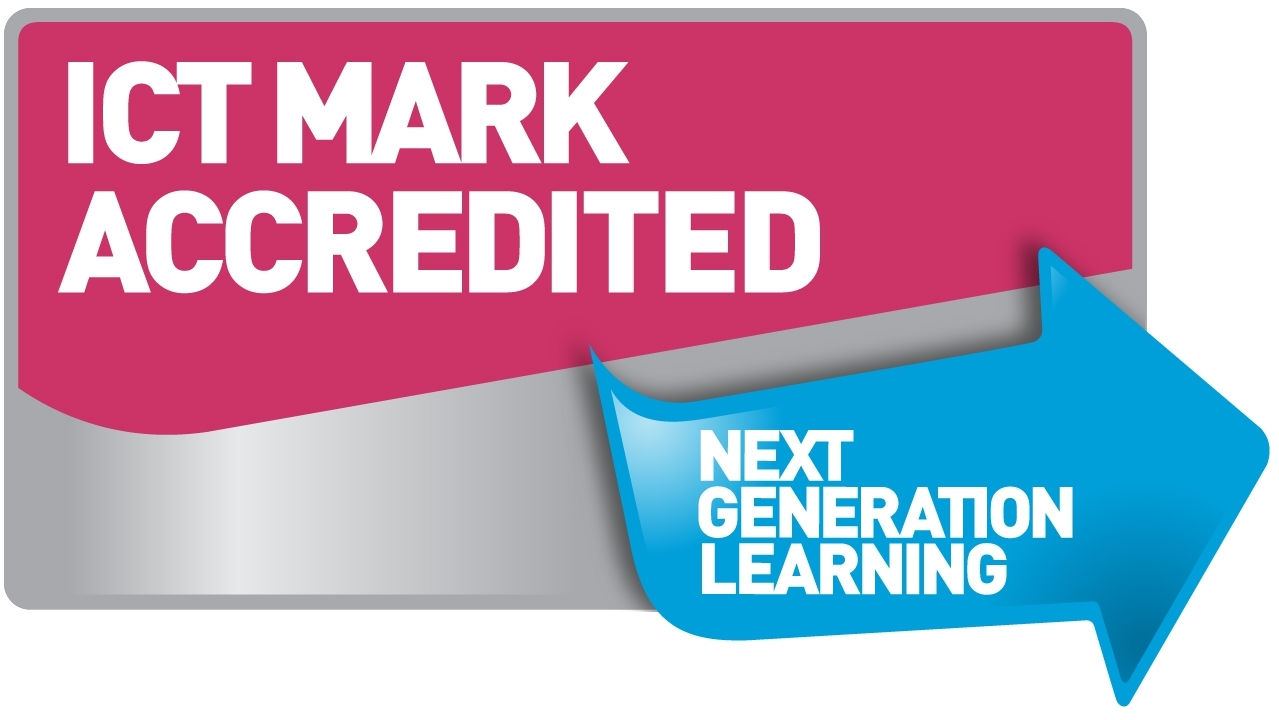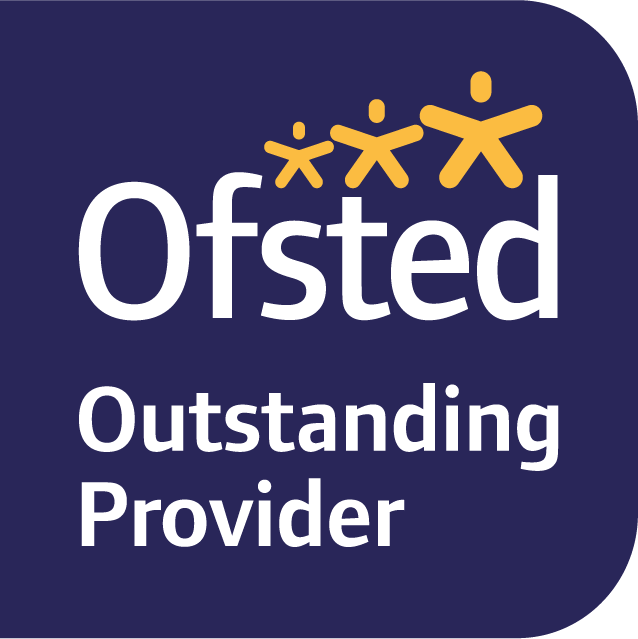History
Our Mission
All that we do at St Joseph’s is shaped by our commitment to our Faith. Our Mission Statement is reflected in our history curriculum:
- We learn about equality and human rights and study key historical figures who stood up for human rights.
- We discover that religion and beliefs have had a significant impact on history.
- We learn about people who did not always show respect for each other when they went to war.
Our Vision for History
Children will develop a solid foundational knowledge of history, taught through a series of topic areas. We want our children to speak and think like historians and to develop quick and accurate recall of their knowledge and skills. They will acquire the knowledge and cultural capital they need to succeed in life.
In Reception, we build the foundation blocks for future learning by teaching the concept of past and present. Children learn about homes past and present, which leads then in a greater depth study in year one, which includes an understanding about settlements like the town in which they live. By year two, the children learn about the Great fire of London and how homes were built at that time in London.
Similarly, they learn about Mary Seacole talking about the differences between her work and the work of nurses today. In year 2 the children return to learn about other pioneering nurses such as Florence Nightingale. They find out about Amy Johnson and her flight, as well as space travel and Tim Peake. This continues in Year 1 with Neil Armstrong.
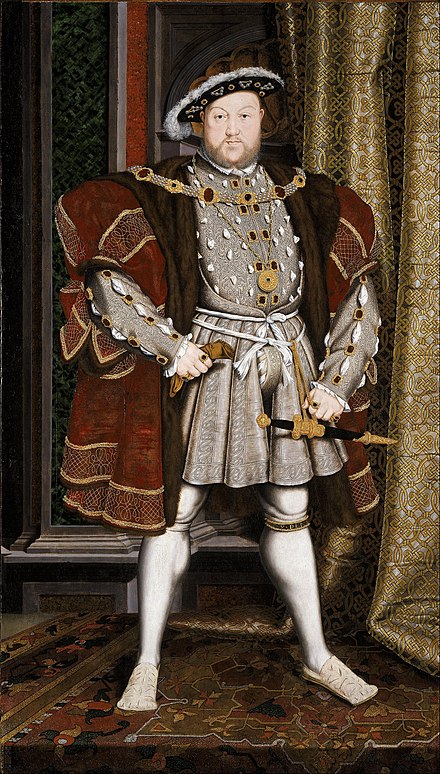 Over KS1 and into KS2, children develop a good chronological understanding of how Britain has changed from the earliest times and how it has been influenced by the wider world.
Over KS1 and into KS2, children develop a good chronological understanding of how Britain has changed from the earliest times and how it has been influenced by the wider world.
Children continue to learn about significant events in Britain’s history, about key people and about different civilisations
Children will develop historical learning skills. They will ask relevant questions.
They will think critically, weigh up evidence and discern what is relevant, thereby developing perspective and judgement.
They will become good at analysing contrasting interpretations of the past.
Key concepts and themes are revisited across topics and these help children to make links in their learning. In history, some of these are monarchy and power, settlement and invasion.
The Framework for learning in History is:
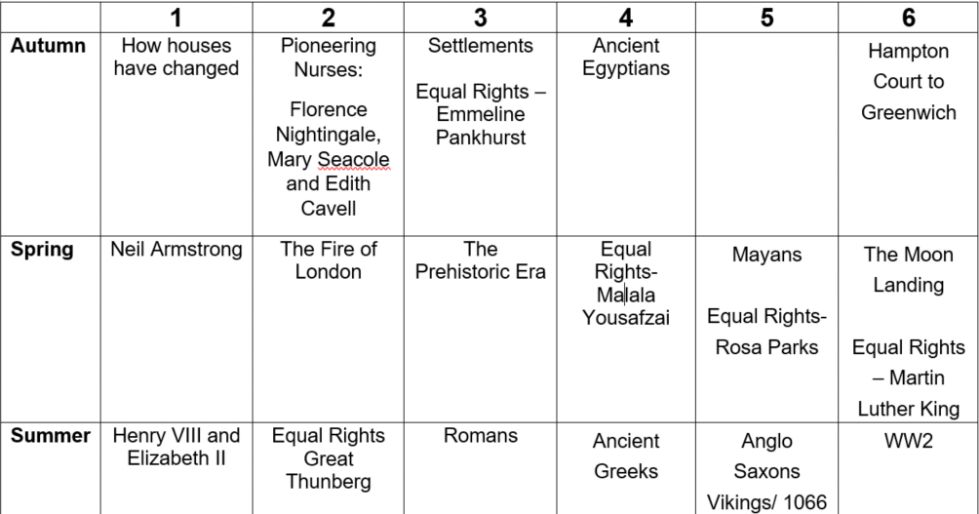
How teachers embed knowledge and skills?
Teachers plan regular history lessons through each term. Often the lesson is new learning, but sometimes it is retrieval practice of previous learning.
Children have ‘Power Pages’ for various history topics, which capture key facts, dates and other knowledge into motivating learning challenges for the children. Children demonstrate a high level of engagement with using them.
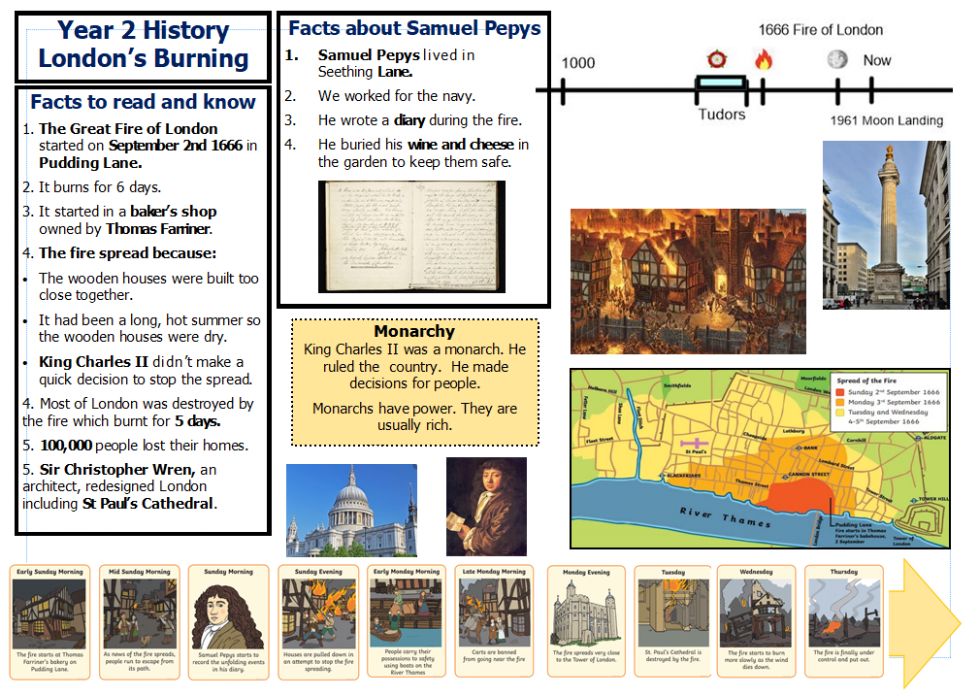
There is a strong focus on securing subject specific vocabulary, and children have word banks which they are challenged to read fluently and explain.
Children are encouraged to read for pleasure and borrow non-fiction books of interest to take home to read. There are ample history books in the libraries.
Achieving Mastery in History
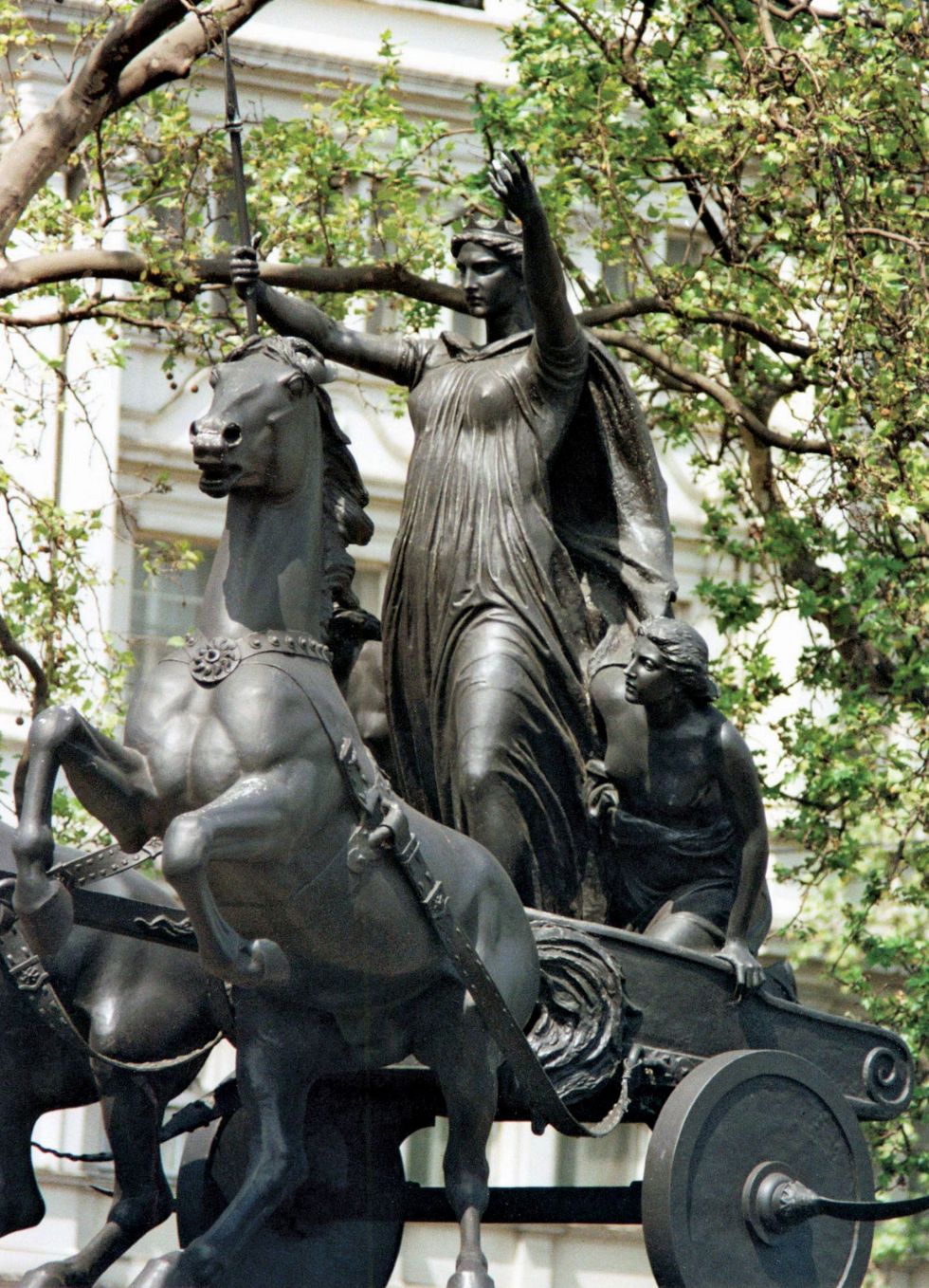
So, are our children thinking and working like historians? We are pleased to say that they are. When we talk to children, we hear them using historical language.
Regular low stakes quizzes show that children develop a good level of automaticity in their subject knowledge.
Our History Scholar Award is a motivational challenge which assesses not only the work they have done over the past year, but also from previous years.
The quality of work in the children’s books shows that the children are achieving well.
At various points in their learning, children have the option to create models and artefacts at home in relation to their learning, e.g. Viking shields, Tudor houses and Celtic artefacts.
The models are displayed for all to see at the annual Arts Exhibition
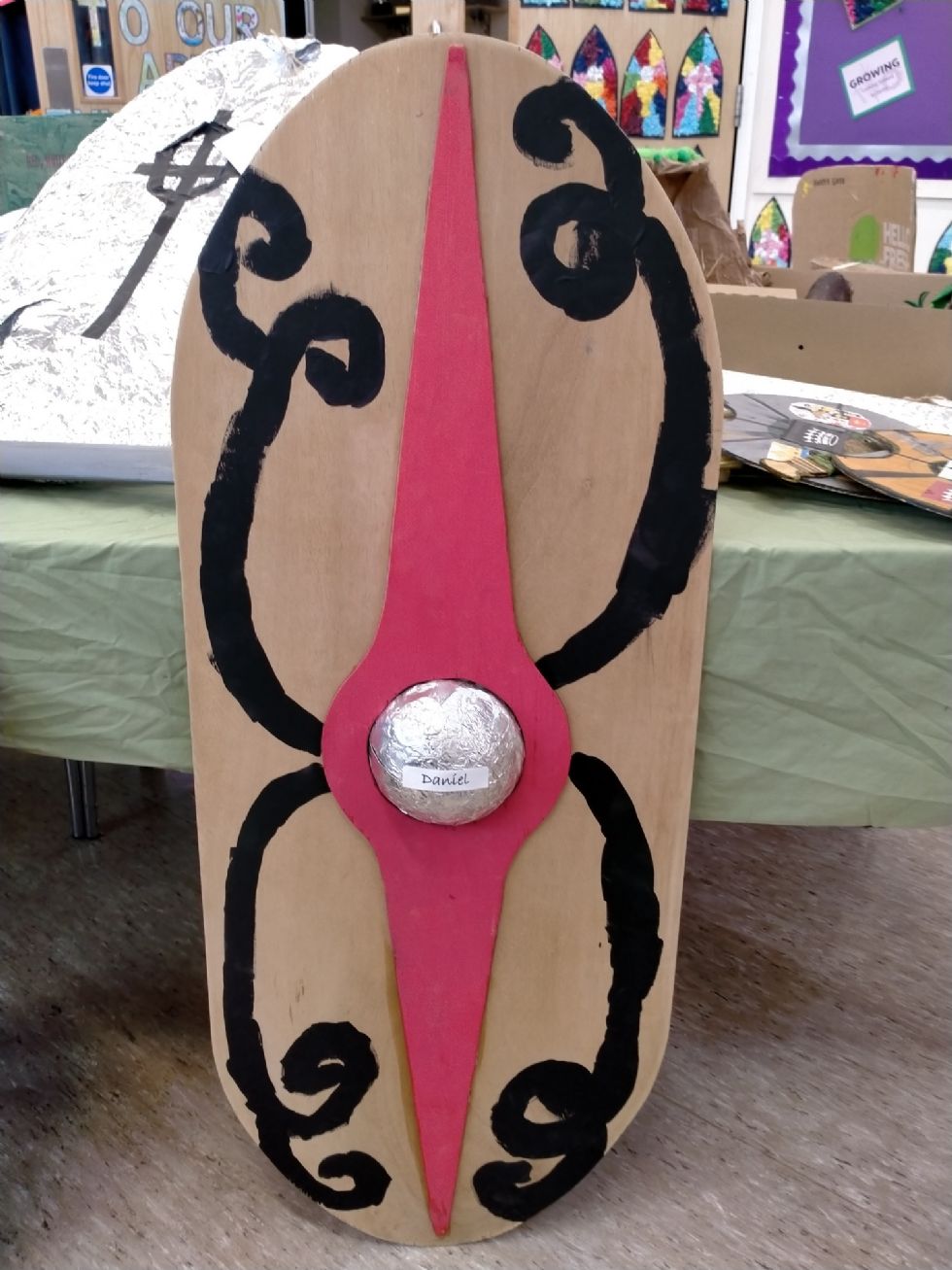
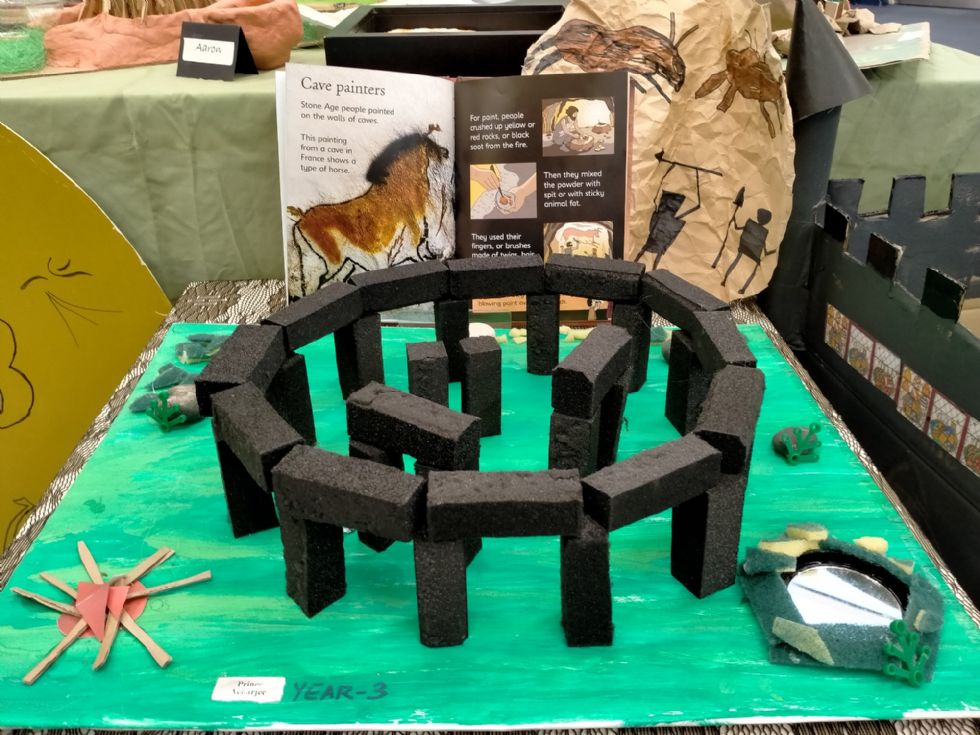
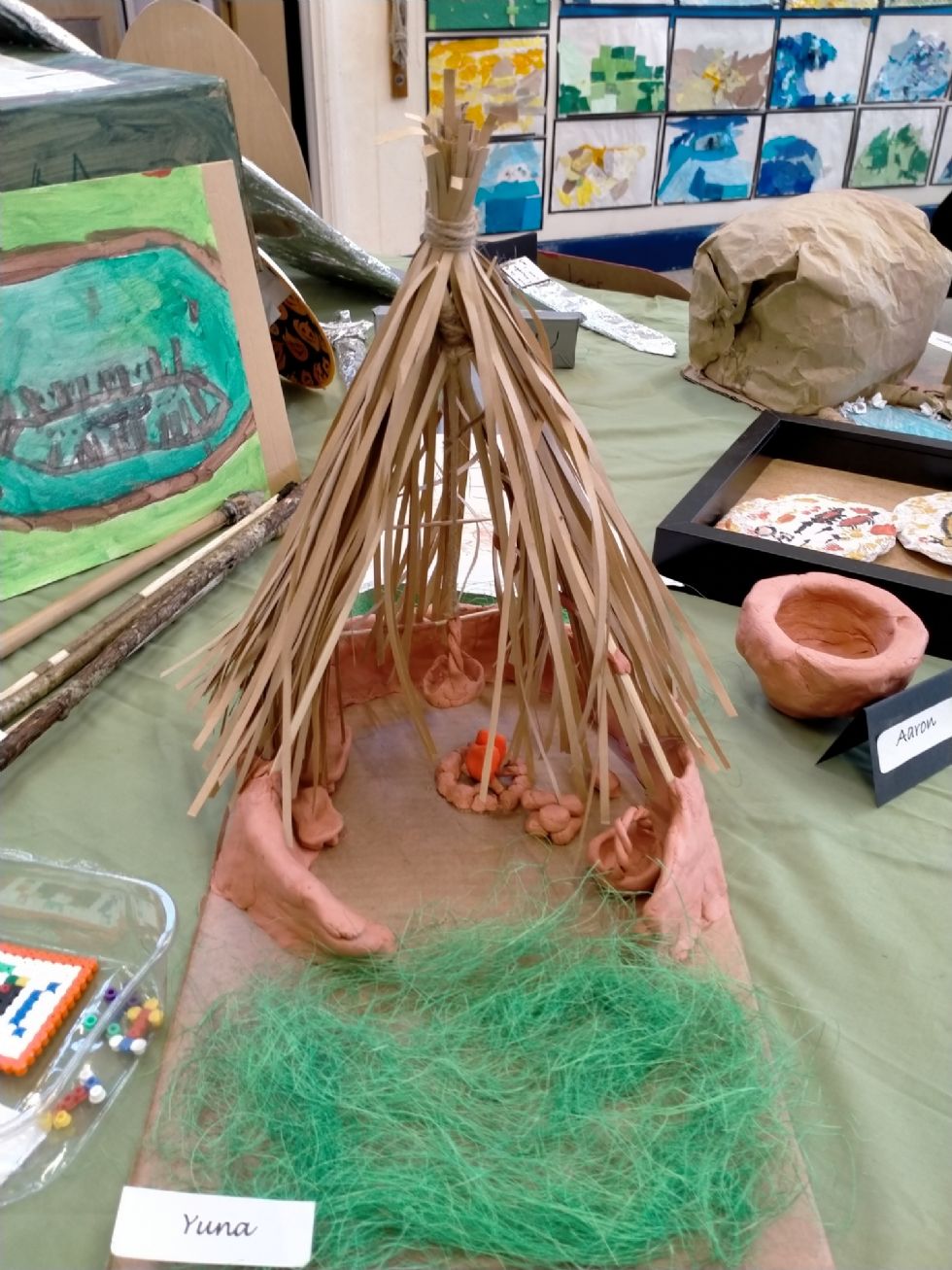
Children have the opportunity to share their work with their parents on three open days through the year, a shared time, which they relish.
In summary, we lead children towards mastery in subject knowledge in history.

